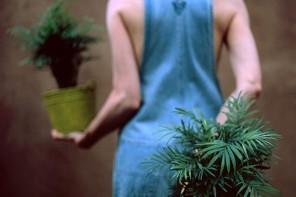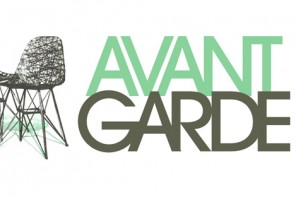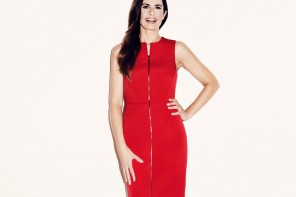There are a number of members of the Hub working in fashion so it´s worth taking note when one of the fashion industry´s most famous names, supermodel Lily Cole, describes ´ethical fashion´ as ´oxymoronic´, particularly since she herself is the co-founder of an ethical fashion label, The North Circular.
But this apparent contradiction highlights a very important question for those who work in ethical fashion. Is it really possible to deliver meaningful positive social impact within an industry that is so inherently unsustainable?
The fashion industry, as it has evolved, is environmentally rapacious. It relies on consistent turnover, having four collections a year, every single year. As an industry its capacity to cultivate ´wants´ and transform them into consumer ´needs´ is unparalleled, with the result that consumers constantly feel compelled to replace their clothes, even if they haven´t been worn.
The industry´s waste record is alarming, with 1.2m tonnes of textiles ending up in landfills in the UK alone. The attitude to waste is reflected in the comments by the managing director of the clothing label, Lyle & Scott, when he indicated that he would rather ´burn´ the company´s excess stock than recycle it or sell it at a discount. Other companies, including Swedish clothing company H&M, have recently had their practice of dumping unsold stock exposed in the media.
While waste is certainly not a new issue in the fashion industry, it has undoubtedly become worse in recent years, as production costs have fallen and consumption has risen.
Much of the early focus of the ethical fashion movement was at the lowest level of the supply chains where efforts were made to improve the plight of farmers and factory workers in developing countries who supplied much of the labour and materials that fed the fashion machine in the developed world.
These efforts did have a social impact by highlighting the issues to the public and ultimately convincing large retailers, including Marks & Spencer´s and Sainsbury´s, to develop Fairtrade cotton clothing ranges. More recently, we have seen the emergence of Fairtrade gold, thanks in large part to the efforts of the ethical fashion movement in creating a market for it. Its popularity will undoubted grow as its use in jewellery products escalates, and particularly if as has been suggested, it is selected for the wedding bands at the royal marriage later this month.
But these improvements in the ethical sourcing of raw materials and products are still overshadowed by the fundamental issue of ´over-consumption´ in the fashion industry. There is a certain irony that even when the ethical fashion movement wants to launch a campaign on sustainability that they often produce a t-shirt or a bag for people to buy to support the cause, as in the case of ´Climate Week´. Such practices serve to undermine the cause that they are trying to promote, linking saving the environment with ever more consumption.
Recently, parts of the ethical fashion movement have made major efforts to re-engineer waste from the fashion industry into the new higher-end products in a process known as ´upcycling´. Retailers such as Tesco and H & M have responded to the trend by developing their own ranges. But ´upcycled´ products that depend on the off cuts of an already unsustainable fashion industry cannot logically solve the problem.
The solution lies with producers of clothes taking a much greater responsibility for managing the life cycle of their products and switching the emphasis towards ´slow fashion´ that is of a higher quality and easily recyclable into new fashion products. Ultimately this will cost the consumer more and result in them buying less. But the consumer would then need to consider their purchases carefully and end up with items which would last longer and have real value.
It is natural that people will want to update their wardrobes but it simply isn´t sustainable to do so through new purchases at the present rate. Initiatives like ´Swishing´ where people meet up and swap clothes, shoes and accessories demonstrate there are other ways to refresh your style. Also companies such as Worn Again and Traidremade that ´upcycle´ pre-existing textile waste and even waste material from other industries show that it is possible to create genuinely high quality sustainable fashion.
The fashion industry is at a crossroads and its next steps will be closely monitored by other industries where the blight of product obsolesce is driving unsustainable levels of consumption. The ethical fashion companies that will ultimately have the greatest social impact are those that challenge the current fashion paradigm and its ´cycles´ and ultimately help return the industry to a sense of balance with consumers and the environment.
Via The Guardian
The liveeco team








